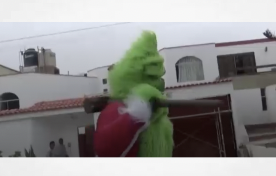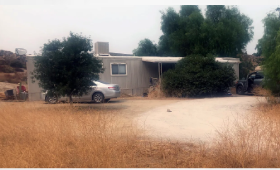Some California licensees are starting off 2020 in a regulatory predicament. In early January, California’s Bureau of Cannabis Control (“BCC”) welcomed the new year with a bang by suspending another 252 cannabis licenses. This most recent round of suspensions comes on the heels of the BCC’s, and other regulating agencies, first round of suspensions. In November of last year, over 400 licenses were suspended because of regulatory noncompliance. Additionally, California’s Department of Food & Agriculture (“CDFA”) acted earlier in February to suspend a number of cannabis cultivation licenses as well. All of these suspensions have resulted from the licensees failing to obtain the proper track and trace credentialing in the cannabis tracking system, Metrc.
Cannabis License Suspensions
In most cases, the license suspensions occurred without advanced notice to the license holder because they only held a provisional, rather than an annual, license. Thus, as a result of the suspensions, these suspended cannabis businesses have faced, and continue to face, a rude wake-up call requiring the licensees to immediately cease all cannabis related activity until they are fully in compliance with Metrc credentials. During the suspension period, licensees cannot engage in any cannabis related conduct. If a licensee continues to conduct unauthorized cannabis activity during the suspension period, the licensee may potentially face revocation of their license.
Cannabis Track and Trace Practices
The importance of track and trace practices cannot be overstated. Much like alcohol, cannabis is now a commodity in the California market. And, just like alcohol, cannabis remains a heavily regulated commodity primarily due to its intoxicating effect and attendant age limit. Moreover, the black market for cannabis remains strong, by some accounts 90%. To combat black market viability, safeguards, including product tracking, must be maintained to keep black market cannabis outside of the regulated market, and vice versa. The license suspensions are a safeguard to achieve California’s goals to preclude diversion. Further, while regulated cannabis is tested for a plethora of contaminants, black market cannabis is not subject to the same standards, posing a public health concern. Therefore, the entry of untested black market cannabis into the regulated market would unduly risk the health and safety of lawfully abiding California cannabis consumers.
The good news is that, once credentialed, California’s cannabis regulating agencies remove the suspension in relatively short order. Our firm has worked with clients that have had their license(s) suspended and we have assisted these clients to efficiently and successfully work with the regulating agencies to lift license(s) suspensions to resume business activities. Do not hesitate to reach out to one of our California attorneys in the event that your business’ license(s) has been suspended to schedule an initial consult. We are here to assist you in navigating the sometimes challenging bureaucratic process to return your license to active status.
By Patrick Goggin
Attorney, Hoban Law Group


















